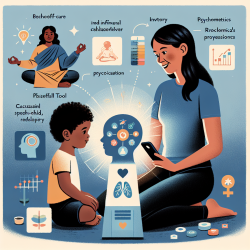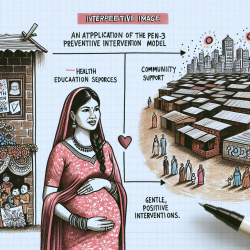Understanding the Dance of Incivility in Academia
Incivility in higher education is a persistent issue that affects both students and faculty. According to the research article, Disruptive Academic Behaviors: The Dance Between Emotional Intelligence and Academic Incivility, incivility continues to pervade academic environments despite extensive research efforts. The study highlights that both students and faculty perceive relationship management and communication as key areas to address in mitigating incivility.
The Role of Emotional Intelligence
Emotional Intelligence (EI) is pivotal in understanding and addressing incivility. Daniel Goleman's EI domains—self-awareness, self-management, social awareness, and relationship management—provide a framework for identifying and addressing the emotional and relational dynamics at play in academic settings. The study suggests that enhancing EI skills can lead to more civil interactions and improved academic environments.
Practical Steps for Practitioners
For practitioners, particularly those involved in online therapy services like TinyEYE, integrating EI into practice can be transformative. Here are some data-driven strategies to consider:
- Self-awareness: Encourage students and faculty to reflect on their emotions and how these affect their interactions. This can be facilitated through mindfulness exercises and self-reflection activities.
- Self-management: Develop programs that help individuals manage their emotions, especially in high-stress situations. Techniques such as deep breathing, time management, and setting realistic goals can be beneficial.
- Social awareness: Foster empathy and understanding by promoting diverse perspectives. Activities that involve role-playing or discussing real-life scenarios can enhance social awareness.
- Relationship management: Strengthen communication skills through workshops and training sessions that focus on active listening, conflict resolution, and constructive feedback.
Encouraging Further Research
While the study provides valuable insights, it also highlights the need for further research into the systemic causes of incivility and the long-term effects on professional behavior. Practitioners are encouraged to explore these areas to develop more comprehensive interventions.
To read the original research paper, please follow this link: Disruptive Academic Behaviors: The Dance Between Emotional Intelligence and Academic Incivility.










